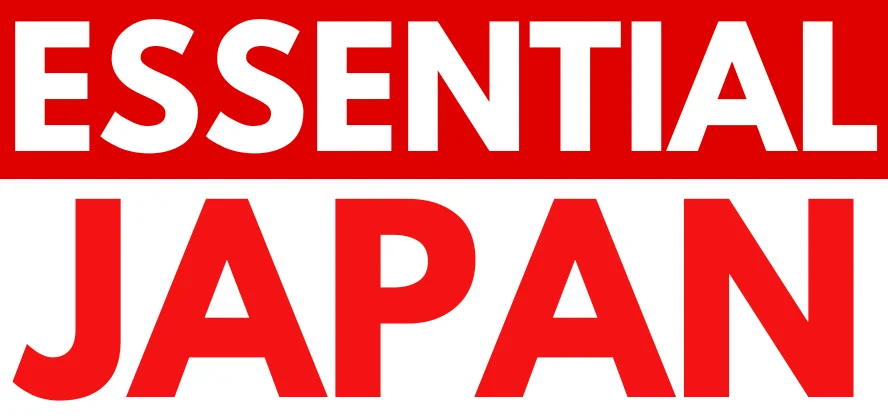Travel scheme for evacuees of Fukushima nuclear disaster hit by fraud

For the first time since the Fukushima nuclear disaster, a benefit for evacuees has been revoked due to fraud.
NEXCO East Japan has uncovered serious misuse of the “Hometown Return Pass Card,” a service designed to assist evacuees from the 2011 Fukushima Daiichi nuclear disaster.
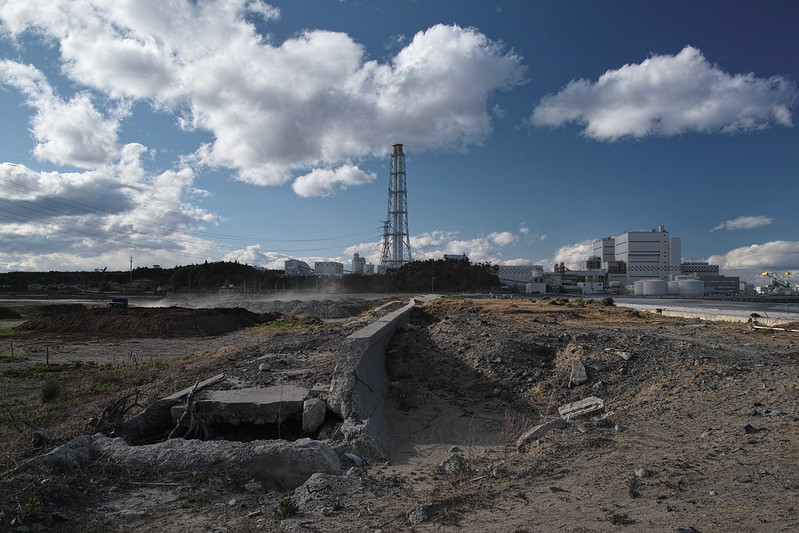
The individuals responsible now face revocation of their credentials, the first instance of a card being revoked since the program’s inception, as well as serious financial repercussions.
The “Hometown Return Pass Card” is a crucial lifeline for those displaced by the nuclear accident, as it provides toll-free travel on expressways in an effort to ease to costs of travel between evacuation sites and former homes as evacuees rebuild their lives.
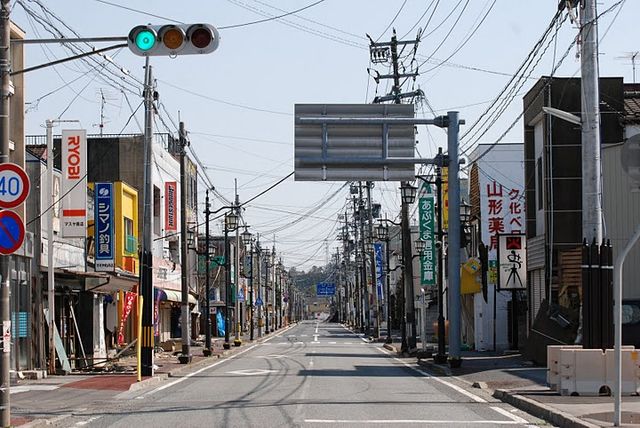
Expressways in Japan are a series of highways that require drivers to pay tolls to use them.
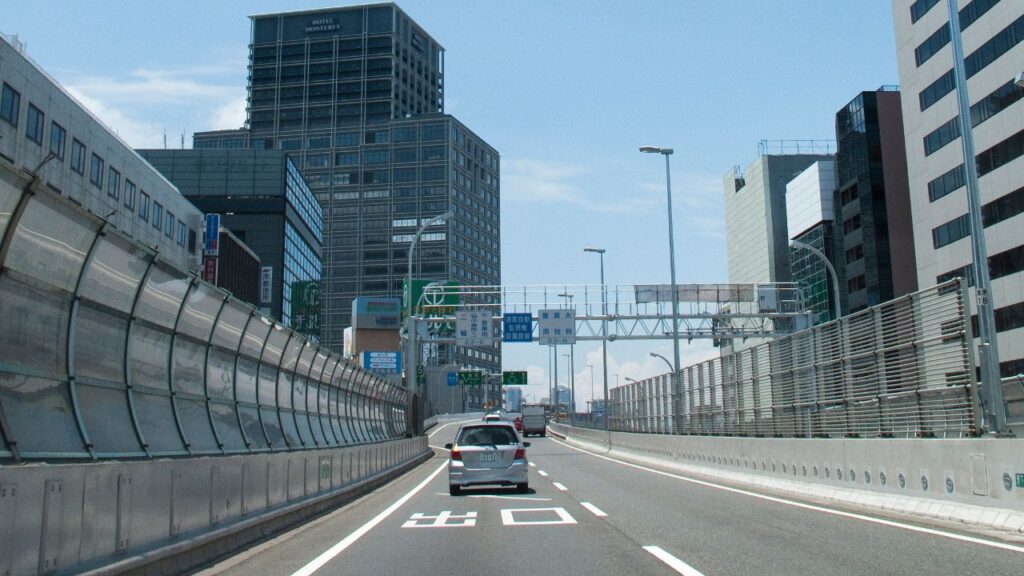
Tolls in Japan are comparatively high in respect to those in other nations, with a Japanese expressway journey costing in the region of 3 times what it would cost for an equivalent journey in other countries, such as France.
NEXCO East Japan manage the expressways in the east and north of Honshu, Japan’s main island, as well as in Hokkaido.
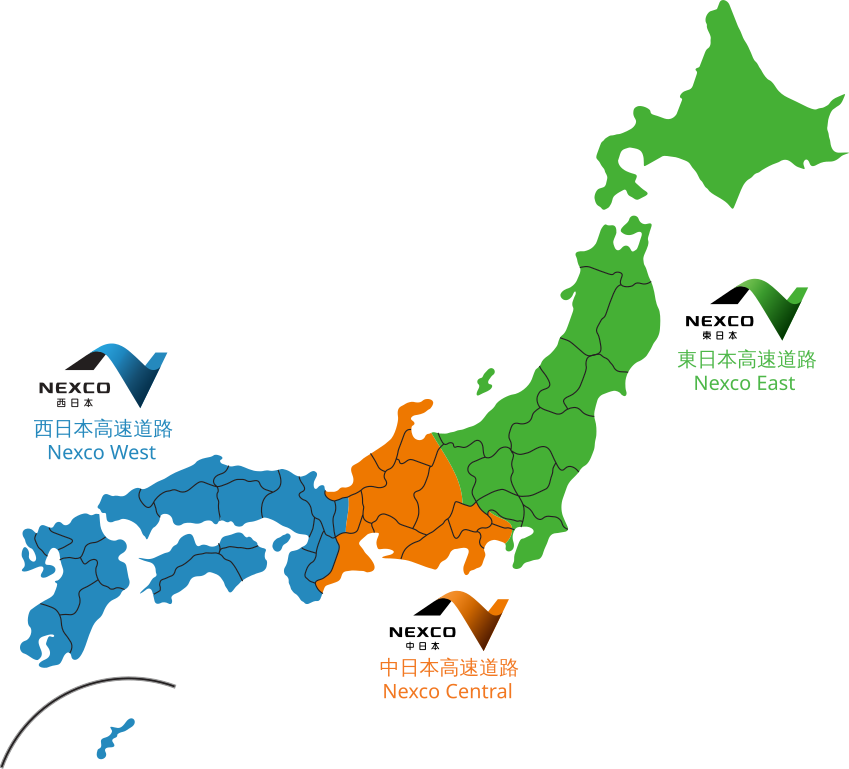
The card, which features a photograph of the registered user, is specifically intended to facilitate essential journeys for evacuees and must be presented at toll booths.
NEXCO East Japan’s investigation revealed that a cardholder had illicitly lent their pass to an acquaintance.
This individual then proceeded to impersonate the legitimate cardholder and used the pass to make numerous unauthorized trips on expressways between July 2020 and October 2023.
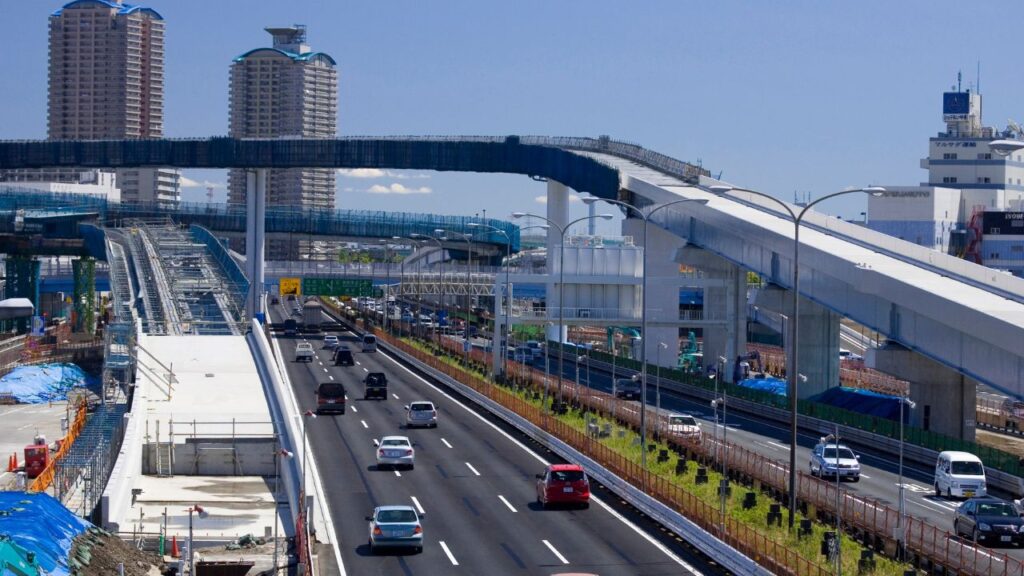
The total cost of these fraudulent journeys amounted to a total of 300,000 yen (approx. $1,953 USD/£1,564 GBP).
The financial consequences for this abuse extend beyond the initial toll evasion.
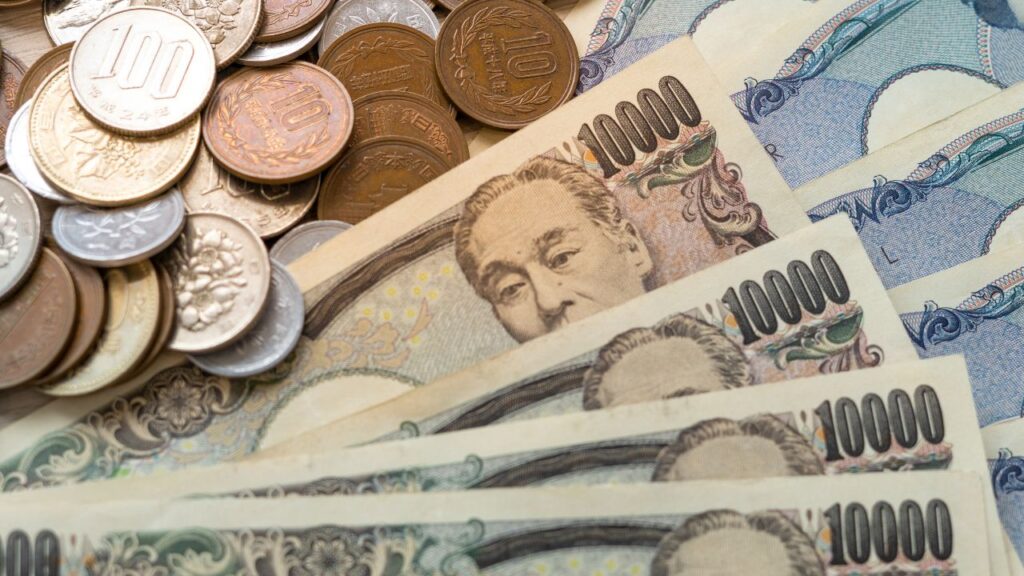
NEXCO East Japan has issued a bill of 900,000 yen (approx. $5,861 USD/£4,693 GBP) to the individual who misused the card.
This sum includes not only the evaded tolls but also a substantial surcharge, demonstrating the company’s commitment to deterring such fraudulent activities.
NEXCO East Japan’s action in revoking the credentials of the individuals involved is intended to send a clear message that abuse will not be tolerated and should serve as a deterrent to anyone else considering misusing a system intended to help victims of one of Japan’s worst disasters.
Source: Yomiuri Shimbun
